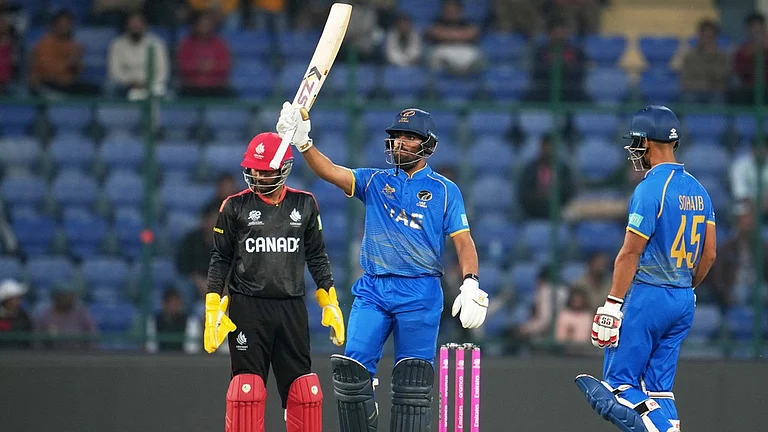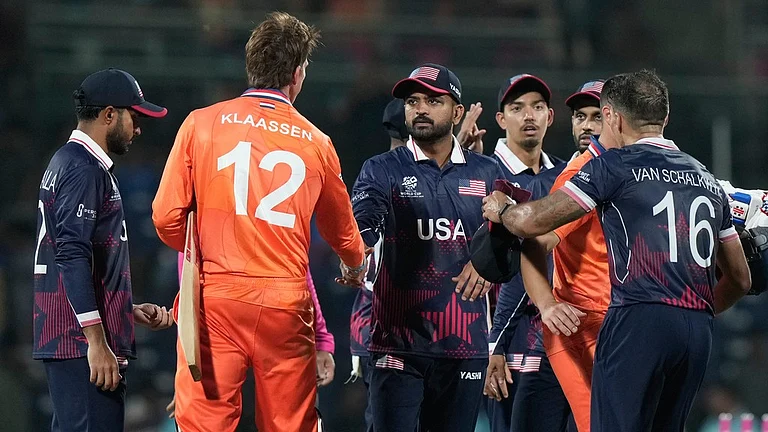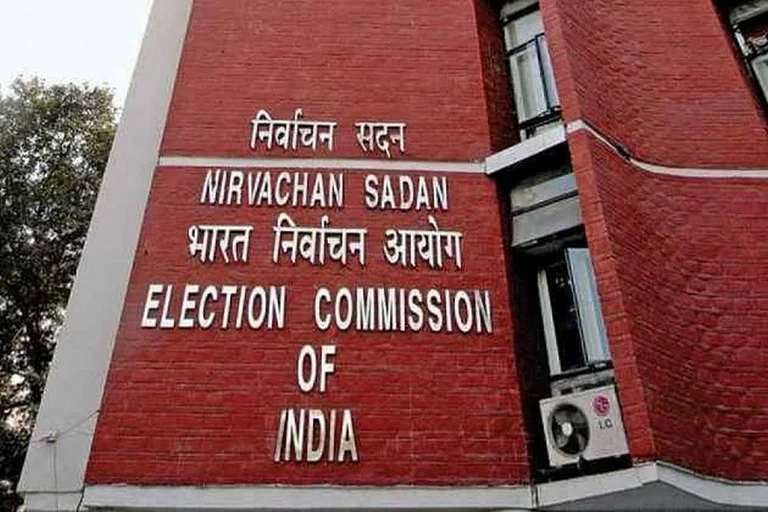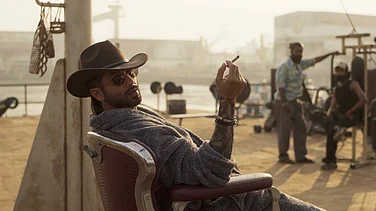The central government is facing criticism over its decision to abolish the Film Certification Appellate Tribunal (FCAT) as the filmmakers believe it will lead to restrictions and delays in the release of their films. Filmmakers and producers took to Twitter to express their disappointment.
The Ministry of Law and Justice issued the Tribunals Reforms (Rationalisation and Conditions of Service) Ordinance, 2021 on Sunday which abolished certain appellate tribunals and transferred their functions to other existing judicial bodies.
The FCAT, a statutory body constituted to hear appeals of filmmakers aggrieved by the cuts suggested by the Central Board of Film Certification (CBFC), was helpful for directors seeking a time-bound solution if they were not happy with the censor board's decision.
With the amendment in the Cinematograph Act 1952, filmmakers unhappy with the censor board's decision will now have to approach the high courts.
Questioning the government's decision to abolish FCAT, director Vishal Bhardwaj, who has often spoken out against censorship, on Tuesday called it "such a sad day for cinema".
Director Hansal Mehta called it "arbitrary".
"Do the high courts have a lot of time to address film certification grievances? How many film producers will have the means to approach the courts?
"The FCAT discontinuation feels arbitrary and is definitely restrictive. Why this unfortunate timing? Why take this decision at all?" the "Scam 1992" filmmaker wrote.
Former CBFC chairperson Sharmila Tagore said that while she doesn't know the "rationale" behind the government's decision, the FCAT was a body of repute which provided filmmakers with respite when they were at loggerheads with the CBFC.
"It gave the filmmaker's the opportunity to get the certificate if they faced a roadblock from the CBFC. When you're in films, money apart, time matters. Going to court is not only costly but there's a lot of delay which the filmmakers can't absorb," Tagore told PTI.
The veteran actor, who chaired the board from 2004-2011, said FCAT was a "relevant body" which she tried to empower during her tenure.
She had proposed to the I&B Ministry to strengthen the FCAT, which was chaired by a retired judge, so that it could look at various public interest litigations (PIL) filed against filmmakers.
Tagore said though the board often disagreed with FCAT's decision, the body remained a constant source of "hope" for aggrieved filmmakers.
"In my time also many films went to the FCAT as there were some films which we really felt we couldn't release. But the FCAT cleared it with some cuts. So there was hope for filmmakers.
"Sometimes we agreed, sometimes we didn't. But overall it was still a better option than going to the court. Because the producer simply cannot go to court as it takes long. I felt that there was a purpose to FCAT," she said.
Actor Richa Chadha shared Bhardwaj's tweet adding a GIF to it. Chadha has been overtly critical of various steps taken by the centre and has expressed her views on social media.
Director Vikram Bhatt Filmmaker said he is "frightened" with how the situation might turn out for movie makers without the FCAT.
Bhatt had approached the FCAT in 1996 to get his film "Fareb" cleared. He later approached the body again in 2016 for his film "Love Games" which ran into troubles with the CBFC.
"Considering that the courts are so busy and already loaded with cases, will there be a fast-track arrangement for films? In a situation where the censor certificate is coming from the high court, it might deter people from going to the court.
"So they will have no choice but to accept the cuts of the revising committee. I am frightened about how this is going to play out because the FCAT was meant for films. This is going to mean a lot of trouble for us," Bhatt told PTI.
The director said producers will perhaps now have to start planning films differently.
"They will have to get it censored, go to the revising commitee and perhaps even the court way before they start the promotions or plan a release," he added.
In the recent past, several films, including Monga's 2016 drama "Haraamkhor", filmmaker Alankrita Shrivastava's "Lipstick Under My Burkha" (2017) and Nawazuddin Siddiqui-starrer 2017 drama "Babumoshai Bandookbaaz", were cleared by FCAT.
While the CBFC had refused to certify "Haraamkhor" and "Lipstick Under My Burkha", the then Pahlaj Nihalani-led board had ordered 48 cuts in "Babumoshai Bandookbaaz".
Filmamker Anurag Kashyap had also approached the appellate tribunal against the cuts suggested by the CBFC for his production, "Udta Punjab".
Sharing Bhardwaj's tweet, Guneet Monga wrote, "How does something like this happen? Who decides?"
"Scam 1992: Harshad Mehta Story" co-director Jai Mehta also criticised abolition of FCAT and wondered how could this "happen overnight."
"Did anyone see this coming?" he tweeted.
In February, the government introduced a bill to abolish some tribunals where the public at large is not litigant.
The bill was introduced in the Lok Sabha by Minister of State for Finance Anurag Singh Thakur.
Since the bill could not get the parliamentary nod, an ordinance was issued.
(With inputs from PTI)


























